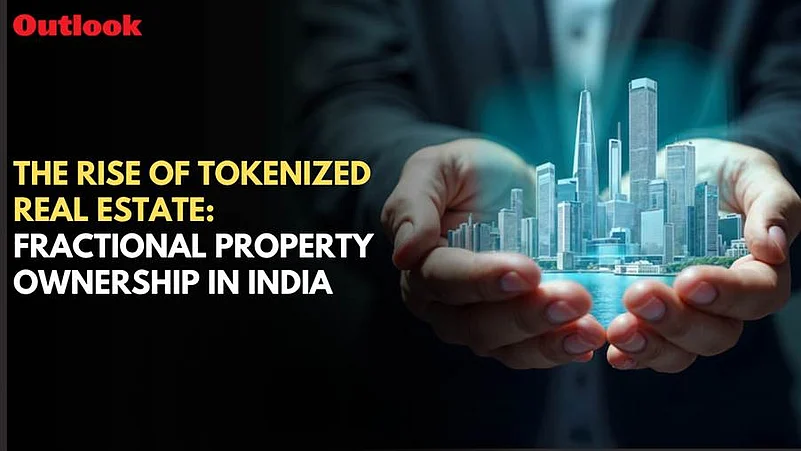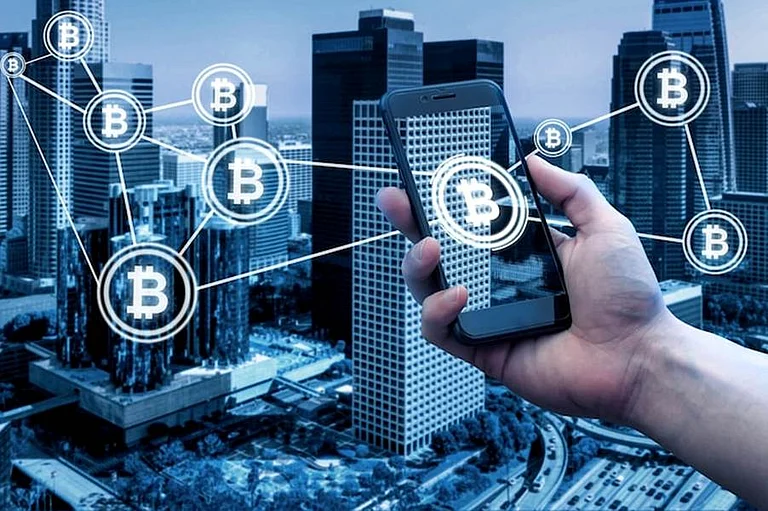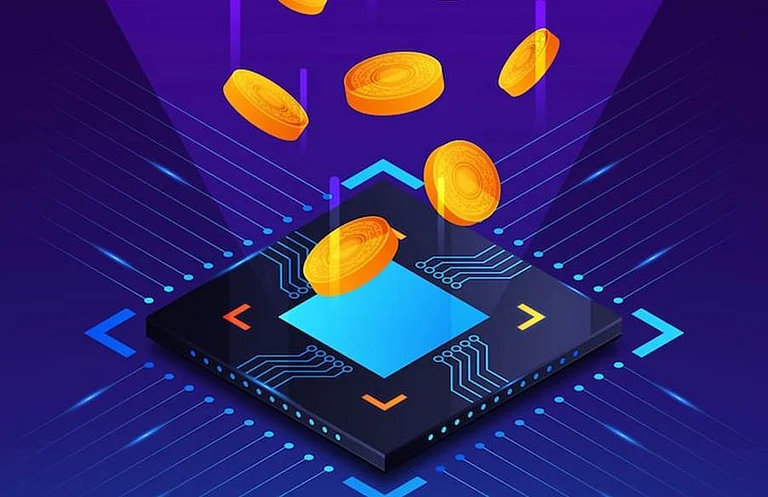Indian property has always been thought of as a traditional, long-term investment involving vast amounts of money and paperwork. Purchasing real estate meant huge down payments, paperwork, and dealing with physical assets—obstacles that kept the retail investor out of the market. But all that is slowly changing. With the advent of blockchain technology, a new phenomenon called tokenized real estate is revolutionizing the way Indians invest in real estate.
In essence, tokenized property allows a real-world property asset to be digitally represented on a blockchain. These representations, or tokens, can be divided into smaller denominations so that more individuals can co-own a slice of the same property. This is a new form of property investment that is made more accessible, transparent, and efficient.
Understanding the Fundamentals of Tokenization
Tokenization is the acquisition of an asset in the real world and turning it into digital tokens on a blockchain. In real estate, this is an acquisition of a property and cutting it into a sequence of tokens that are a share of the value and ownership of the asset. The tokens will then be transferable, sellable, or buyable, like stocks or some other digital goods.
For instance, rather than a single individual investing in a business office block for ₹1 crore, the asset is divided into 1,000 tokens of ₹1 lakh each. One or more tokens may be bought by investors and they become co-owners of the asset with a claim to rental yield or capital appreciation in the ratio of their holding.
Such a model opens the door for middle-class investors or the next generation to diversify their real estate portfolios, something which was not possible for the majority because of financial restrictions.
Blockchain's Role in Real Estate
Blockchain technology forms the basis of tokenized property. A blockchain is an impervious digital ledger for storing transactions in an open and tamper-evident way. Subscribing property ownership to a blockchain puts an unerasable, auditable record of ownership in place, which lessens the likelihood of fraud or dispute.
Smart contracts—automated contracts with predetermined conditions—are yet another blockchain feature that is a building block for tokenized property. Such smart contracts can facilitate processes such as rental disbursements, profit distribution, or ownership transfer without the need for intermediaries like agents or legal representatives, and thus reduce cost and time.
Why This Matters in the Indian Context
India's real estate industry is the largest globally, but has historically grappled with problems of transparency deficit, judicial delays, and affordability. Tokenized property can help to solve some of these prevailing problems.
It first reduces the investment barrier. Rather than invest lakhs or crores in a single asset of property, the investor can enter the market with smaller amounts, hence bringing property investment closer to the masses.
Second, it increases transparency. Blockchain's decentralized nature puts records of ownership into existence that can be authenticated and cannot be tampered with, a key advantage in a market where title fraud and doubtful land ownership have been ongoing issues.
Third, it provides properties with liquidity. Most traditional real property investments are not liquid—you can't really sell half your apartment when you need money. With tokenization, fractioned tokens can be sold or purchased on specially designed platforms, providing a smoother exit for investors.
Fourth, it creates space for Non-Resident Indians (NRIs) and international investors who would prefer investing in Indian real estate markets without undertaking cumbersome legal processes or physical site visits. Blockchain's global reach enables cross-border investment to be simpler and safer.
Challenges That Still Remain
While tokenized property is high-tech, it has its drawbacks. Its biggest one might be regulatory clarity. Indian property is highly regulated, and existing law doesn't completely understand tokenized ownership or digital securities yet. Consequently, there are loopholes in legislation and uncertainty for investors and issuers.
Apart from that, mass adoption involves an attitude shift. Indian investors do not possess investment awareness on the blockchain basis and may not be willing to trust digital tokens for assets such as property.
There are also considerations of tokenized asset valuation, faith in platforms launching such tokens, and taxation of rental income as well as capital gains. They all require serious thought and sound policy framework.
The Road Ahead
While daunting, India is gradually adopting the idea. A few start-ups and fintech platforms are testing tokenized real estate models, and international examples are creating investor confidence. If regulators provide clear guidelines and investor safeguards, tokenized real estate can usher in a new age of democratized home ownership in India.
It can also lend importance to the vision of the government towards financial inclusion, digital innovation, and making smart cities. As the youth of India are seeking more technology-based flexible investment opportunities, the scope for blockchain-based real estate is enormous.
Conclusion
Tokenized property is a paradigm change in the way of thinking and execution of property ownership. Tokenized property can transform property investing in India by reducing entry points, increasing transparency, and providing better liquidity. To implement this model, however, higher awareness, education, and facilitation by regulatory bodies are needed.
With India's digital economy expanding, tokenized property could turn out to be the conduit between the average investor and one of the most profitable but so far inaccessible asset classes: real estate.

























